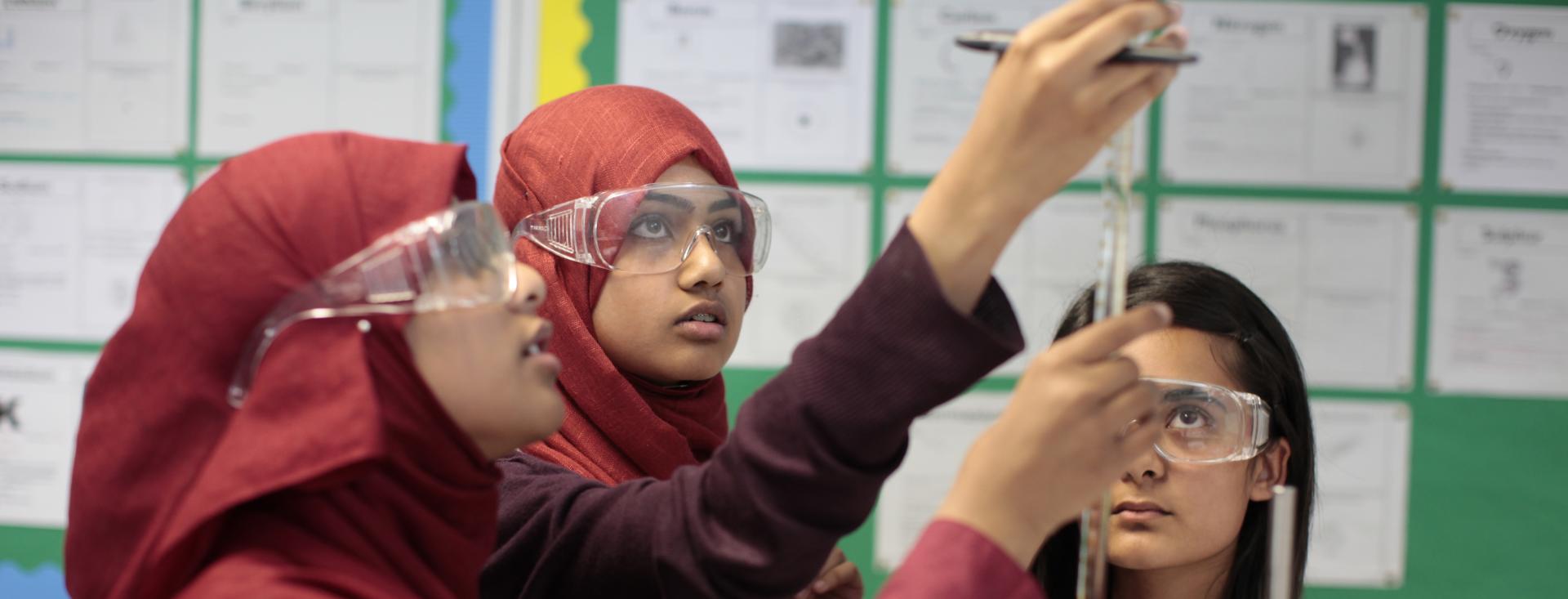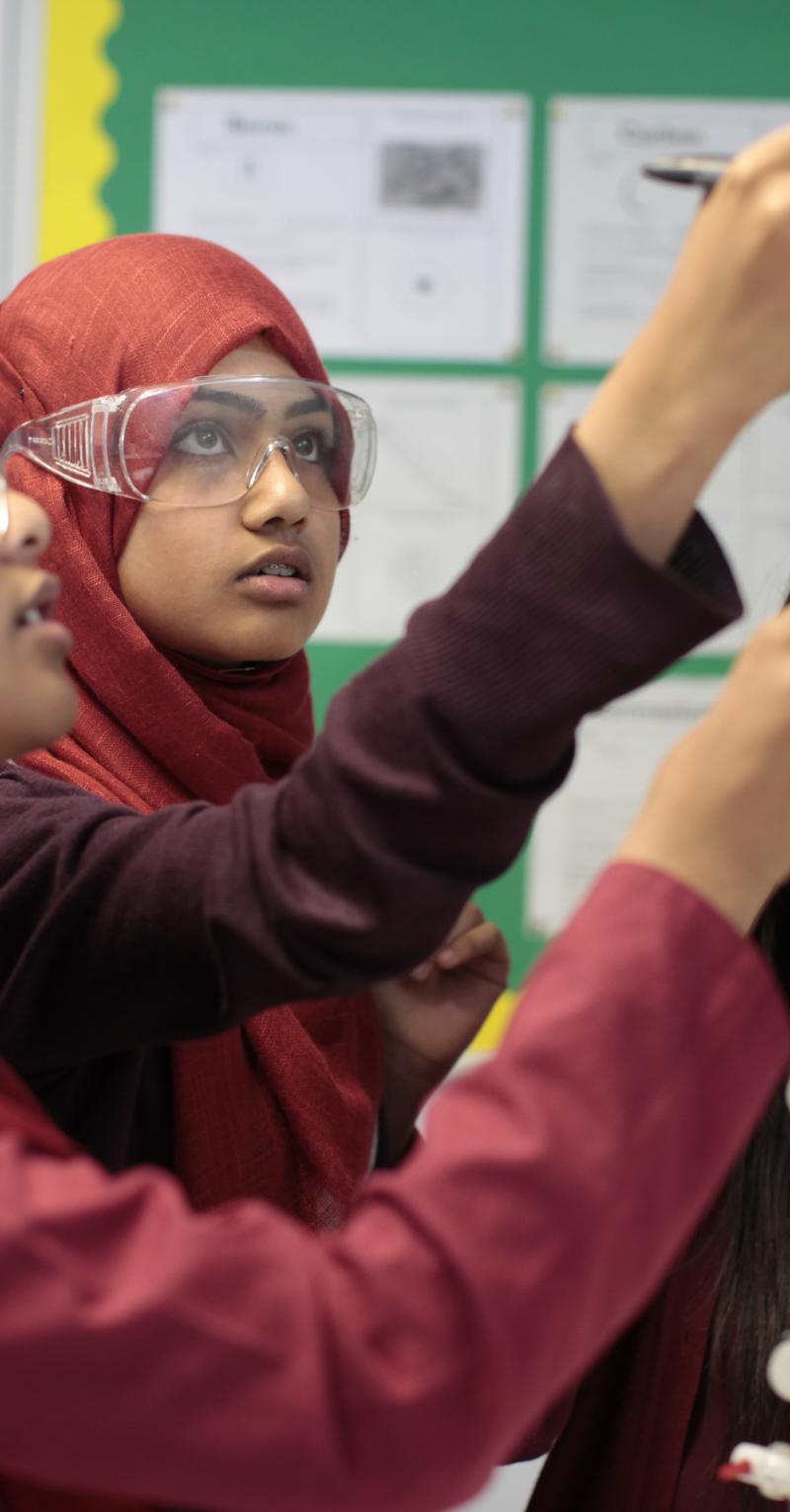Resources
Everyone has a role to play in supporting girls to become empowered, access education for better life outcomes, and thrive. Teach For All is committed to supporting the global network to identify and address the barriers that keep girls from learning and fulfilling their potential through our Girls’ Education initiative. Learn more about gender equity, the issues facing girls around the world, and more in this curated library of resources:
Girls' Education
A Year to Clean Five Schools of Sexism – Shouldn’t Others do the Same?
An article on a pilot program run in five London primary schools by a nonprofit, Lifting Limits, that provides teachers with the skills and resources to recognize and correct gender bias and to support students in challenging gender inequalities.
Girls' Education
Measuring Gender Attitudes Webinar: Three Key Takeaways
An article about the UNGEI webinar on measuring gender attitudes, focusing on pilot projects in Sierra Leone and Cote D’Ivoire with Save the Children’s Jane Leer and a project in Haryana state, India with the CEO of Breakthrough, Sohini Bhattacharya.
Girls' Education
Arman Rahmatullah on the Afghani Context of Girls' Education at the 2019 Teach For All Global Conference
This video clip features Arman Rahmatullah, CEO of Teach For Afghanistan, providing an in-depth look into the challenges around teaching girls in his country. He gives powerful examples of how Teach For Afghanistan has made traction despite the odds.
Girls' Education
A Practical Guide to Measuring Women's and Girls' Empowerment in Impact Evaluations
A guide for monitoring and evaluation practitioners, researchers, and students who are interested in learning how to measure women’s and girls’ empowerment in an impact evaluation. It has examples of survey questions and non-survey instruments.
Girls' Education
Engaging Men and Boys to Promote Gender Equality Through Education
An overview of a two-day workshop in Washington, D.C. on engaging men and boys to promote gender equality through education and the action steps that developed from it. Participants also discussed evidence-based programming for girls’ education.
Girls' Education
Full Force: Why the World Works Better When Girls Go to School
A report by the Malala Fund that shares research on girls' education, presents new data on the transition from school to the workforce, and outlines recommendations for the G20 to ensure all girls have the skills they need for the future of work.
Girls' Education
Evidence Brief: School-Based Interventions to Prevent Violence Against Women and Girls
A policy brief on select school-based interventions that aim to prevent violence against women and girls (VAWG) or improve attitudes that perpetuate VAWG. It focuses on intimate partner violence, dating violence, and non-partner sexual assault.

